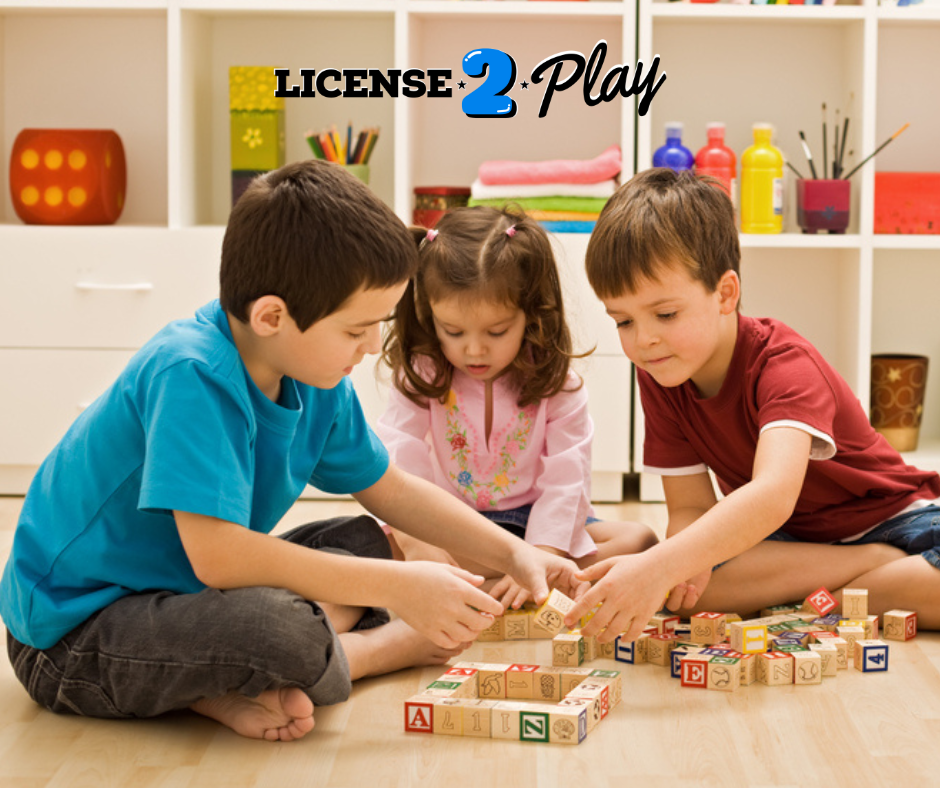
In child development, play is not just a pastime; it's a powerful tool that can shape a child's growth and learning. As a B2B toy retailer, we understand parents' and caregivers' crucial role in fostering their children's development through play. In this blog, we'll explore the significance of play in child development and how you, as parents and caregivers, can maximize its potential.
Play: A Fundamental Building Block
Play is not merely a form of entertainment for children; it's a fundamental building block of their physical, emotional, social, and cognitive development. Through play, children learn about the world, develop essential skills, and build the foundation for future learning.
The Benefits of Play
- Cognitive Development:
Play encourages problem-solving, critical thinking, and creativity. Building blocks, puzzles, and educational games stimulate a child's cognitive abilities, helping them grasp complex concepts.
- Social Development:
Interactive play, like board games or group activities, promotes social skills such as communication, cooperation, and conflict resolution. These skills are vital for building healthy relationships throughout life.
- Emotional Development:
Play allows children to express their emotions, learn self-regulation, and develop empathy. Dolls, action figures, and storytelling toys help children explore their feelings and understand others.
- Physical Development:
Active play, like outdoor games and sports, contributes to physical fitness, coordination, and gross motor skills. On the other hand, fine motor skills are honed through activities like drawing, painting and playing with building sets.
The Role of Parents and Caregivers
Now that we understand the importance of play in child development let's delve into how parents and caregivers can maximize its potential:
- Choose the Right Toys:
As a B2B toy retailer, we emphasize the importance of age-appropriate educational toys. Select toys that align with your child's developmental stage, ensuring they are fun and beneficial.
- Engage Actively:
Play with your child. Engaging in playtime activities strengthens your bond and allows you to guide and facilitate their learning.
- Create a Playful Environment:
Set up a dedicated play area with various toys that stimulate different skills. This encourages independent play and exploration.
- Limit Screen Time:
While technology has its place, excessive screen time can hinder development. Make sure there is a healthy balance between digital and physical play.
- Encourage Imaginative Play:
Encourage your child's imagination through open-ended toys like dolls, action figures, and building sets. These toys allow for creativity and storytelling.
- Be Patient and Supportive:
Understand that play is a child's way of learning. Be patient, provide guidance, and let them explore and experiment.
- Rotate Toys:
Don't overwhelm your child with too many toys at once. Rotate them periodically to keep playtime fresh and engaging.
In conclusion, play is a crucial component of child development, and parents and caregivers have a pivotal role in harnessing its potential. By choosing the right toys, actively engaging with your child, and creating a nurturing play environment, you can help maximize their growth and learning. Remember, every moment of play is an opportunity for your child to discover, develop, and thrive.
